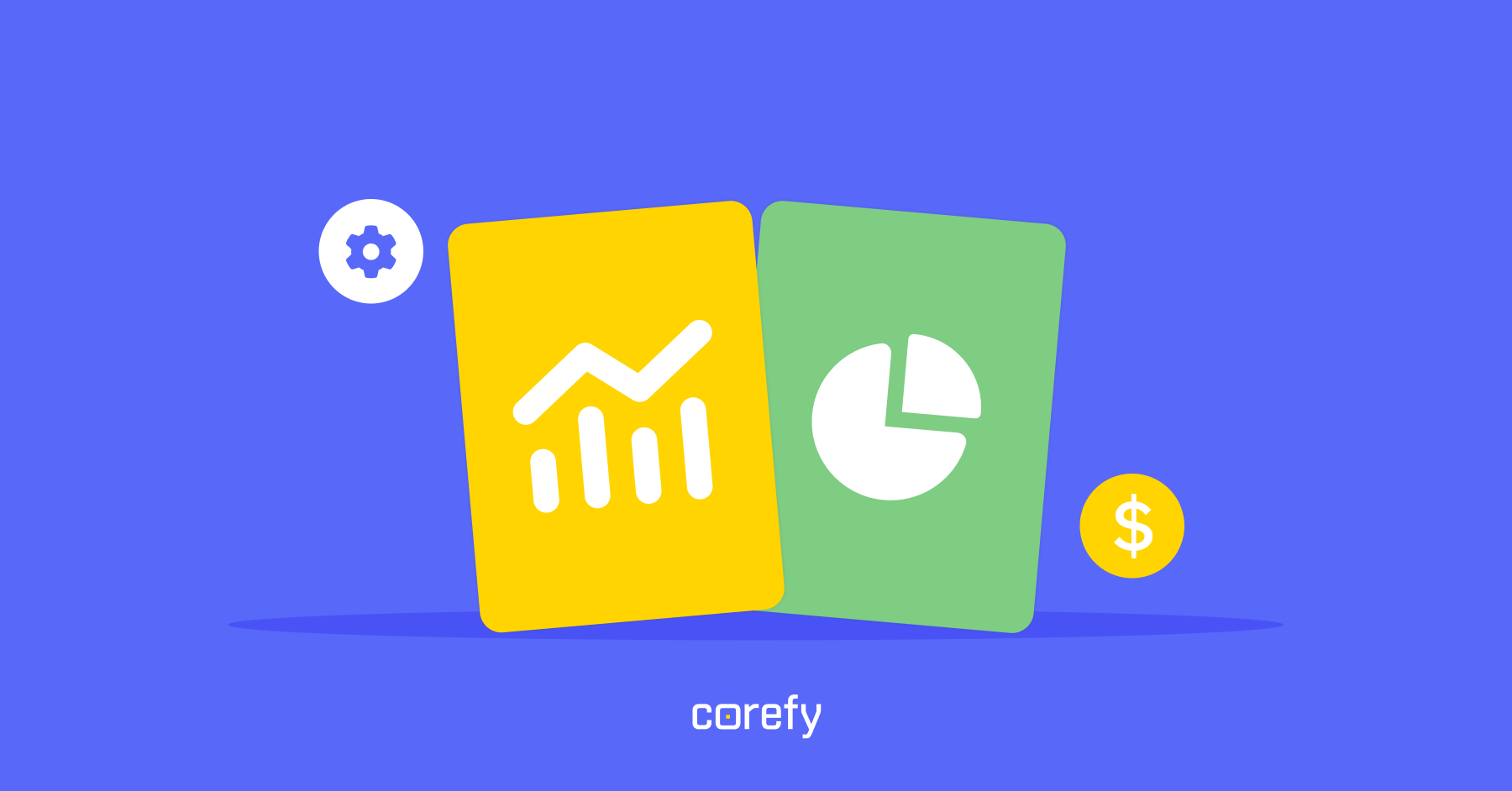What do customers value most about their checkout experience with a business? The right answer is security, convenience, and flexibility in payment options. Regardless of your business type, a payment gateway is your only way to accept online payments and give your customers the desired payment experience.
Throughout this article, we will explore the definition of a payment gateway, how it works, and how to choose the best payment gateway for your business. Let’s get to the point!
What is a payment gateway?
Whether you're a small e-commerce business or a large international corporation that accepts thousands of digital payments daily, a payment gateway is an indispensable asset. Tailored to streamline the online checkout experience, it allows merchants to securely accept various payment methods and quickly reach global markets. Still, the main task of any payment gateway is to prevent payment data from falling into the wrong hands.
To fortify your transactions, payment gateway software employs encryption – a sophisticated technique that encodes sensitive cardholder data. This involves a blend of symmetric and asymmetric cryptographic algorithms. A secure payment gateway goes the extra mile by using SSL encryption to protect your customers’ information from potential data breaches and fraud.
How payment gateways work?
Imagine you own an e-commerce store. Let's break down the sequence of events when a buyer navigates your online store, attempting to make a purchase:
- The buyer, ready to make a purchase, enters their card details on the payment page and initiates the transaction by clicking "Buy" or "Pay."
- The payment gateway takes charge, collecting the customer's payment data. It then meticulously encrypts this information to ensure its security.
- Encrypted data is transmitted from the payment gateway to the payment processor, a pivotal intermediary.
- Then, the information reaches the merchant's acquiring bank.
- The acquirer sends a request to the card network (Visa, Mastercard, or other) serving the cardholder.
- The card network contacts the customer’s issuing bank, seeking authorization for the transaction. If approved, the issuing bank assesses the request and sends confirmation back to the card network and acquiring bank via the payment gateway.
- Finally, the payment gateway informs the customer that the payment was successful.
Payment gateway vs payment processor: are they different?
The short answer is yes. While a payment gateway is a front-end technology that collects and encrypts customers' card data, the payment processor's main task is to relay information between issuing and acquiring banks, ensuring the smooth movement of funds.
As you can see, the payment gateway acts as a kind of router in every online transaction. However, different types of payment gateways have various features that can change the generally accepted processing procedure. Let’s take a sneak peek at the most common payment gateway types.
Payment gateway types
Let's familiarise ourselves with each integration method the payment gateway software offers.
Third-party solution provider
Partnering with a third-party solution provider is a popular way to set up a payment gateway on a website or app. Businesses prefer this method due to its ease of implementation and minimal technical knowledge requirements. Additionally, it provides access to a variety of payment processing capabilities.
Despite these advantages, working with third-party payment gateway providers can limit a business's control over the payment process. This can result in a lack of branding opportunities and reduced revenue due to high transaction fees. Furthermore, third-party providers may impose certain restrictions on the types of businesses they work with and limitations for turnover sizes, chargeback rates, transaction quantities, and amounts.
Self-hosted payment gateway
Sometimes, customers prefer to make payments without being redirected to third-party services. A self-hosted payment gateway and a hosted payment page can be the optimal solution. With a hosted payment page, the entire payment process takes place on your website, and the customer doesn't need to leave your site to complete the payment. Once the customer's payment details are collected, they are sent to the payment gateway's URL using a special format or secret code.
Self-hosted payment gateways and hosted payment pages give merchants complete control over transactions. The only bit of bad news is that this integration type doesn’t provide technical support, leaving the merchant responsible for security.
API payment gateway
With API or non-hosted payment gateways, transactions are handled using API (Application Programming Interface) or HTTPS queries. Payment gateway APIs allow merchants to streamline and customise the checkout process from request to confirmation, keep their data in sync, and drive revenue. Let's find out how payment gateway API works.
How payment gateway API works?
An API allows applications to communicate and share data or functionality. A payment gateway API connects your checkout system to a third-party payment service provider. Your website collects the customer's account information and sends it to the gateway using an API for authentication. Once the payment is completed, you will receive a notification in your database.
API-hosted payment gateway gives merchants control over the user interface and expands the possibilities for customising the payment page. At the same time, the checkout will be easy and clear for the customers. This solution makes it easier for businesses to accept multiple payment methods in various currencies without losing their brand identity.
White label payment gateway
There are three types of payment gateways available to businesses, but for companies that want to provide their own merchant services, there's a more beneficial option. It's called a white label payment gateway, and it's a ready-to-use solution offered by payment providers that allows businesses to offer processing services under their own brand.
The white label business model is a great way to enhance your offering and quickly enter the merchant services market. It frees you from the burden of developing your payment gateway software, undergoing PCI DSS assessment, and ongoing infrastructure maintenance. Run your own scalable payment business by relying on a ready-made system with technical support included.
Which payment gateway is better to choose?
Many providers offer payment gateways, but which one is the best among hundreds?
A well-designed payment gateway will possess four main features:
- Decent selection of payment methods. When your customers get to the checkout, they want to see the option they are used to paying with. That’s why your business success largely depends on the most widely-used payment methods available.
- Customisation. Consistent branding at every stage of interaction with your site helps build an impeccable shopping experience. The payment gateway API integration will give you the flexibility to customise the UI and allow you to tailor the checkout page for any device.
- Multicurrency. What about growing international sales? Support for multiple currencies is crucial here. Some checkout solutions enable merchants to display prices in customers’ local currency, while others only allow manual currency selection.
- Security & Compliance. We believe this point needs no clarification. Your payment gateway provider must comply with renowned industry security standards, securely store information, and have all the tools needed for fraud prevention.
Choosing the right payment solution for your business depends on a variety of factors, including your unique needs and capabilities. If you need help selecting the ideal payment solution, please contact us, and we will provide you with expert guidance.



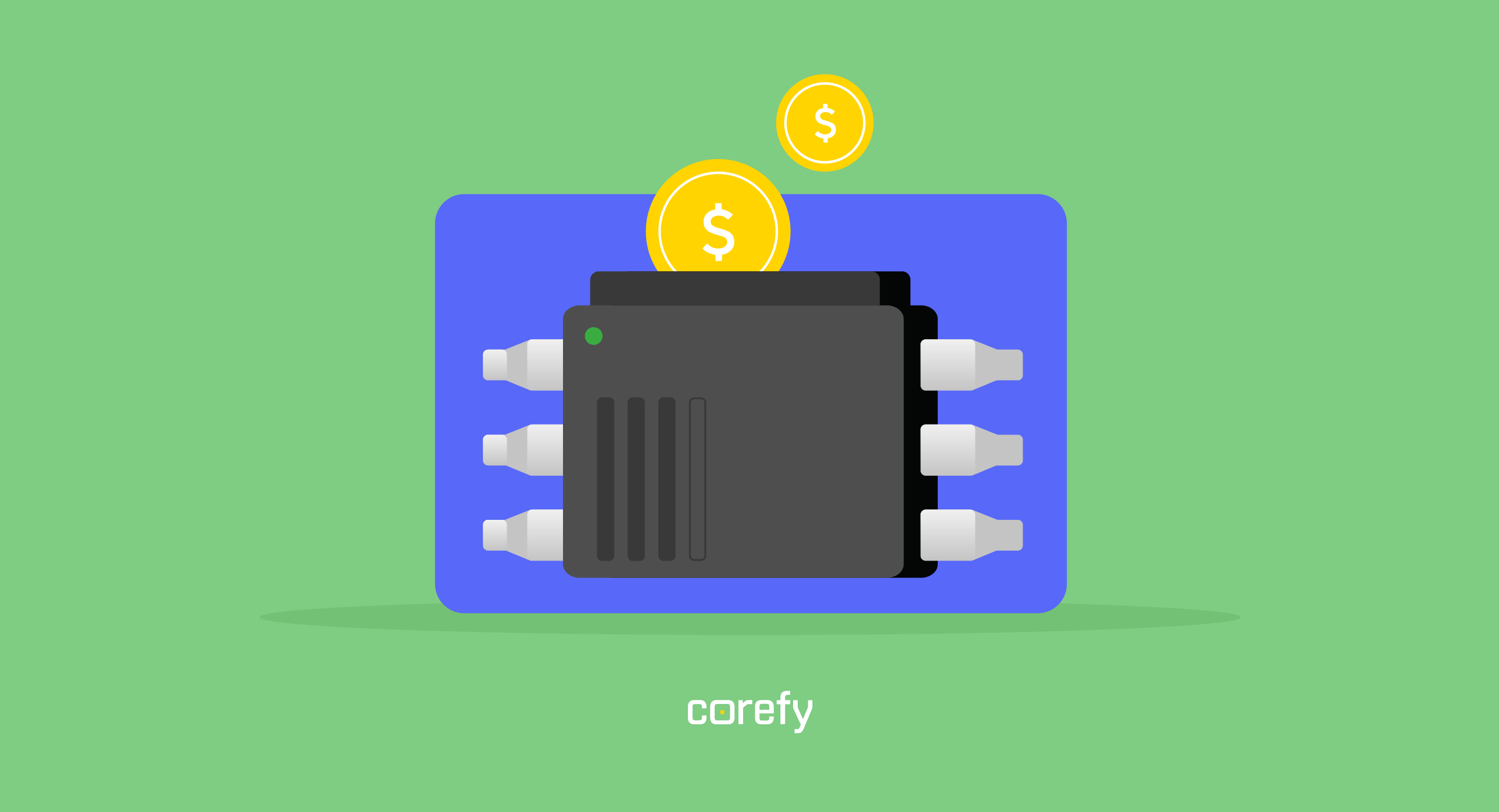
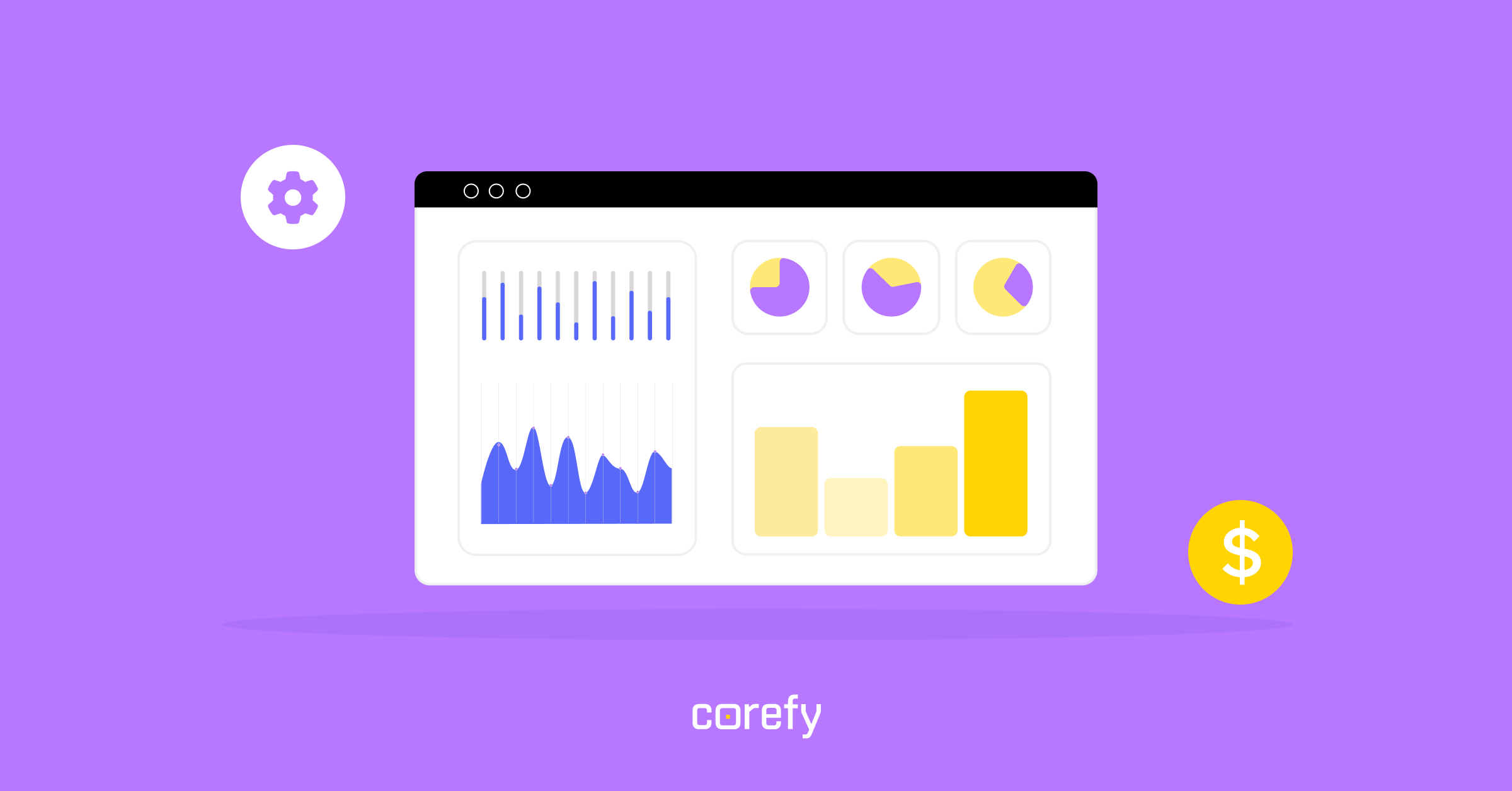
.png)
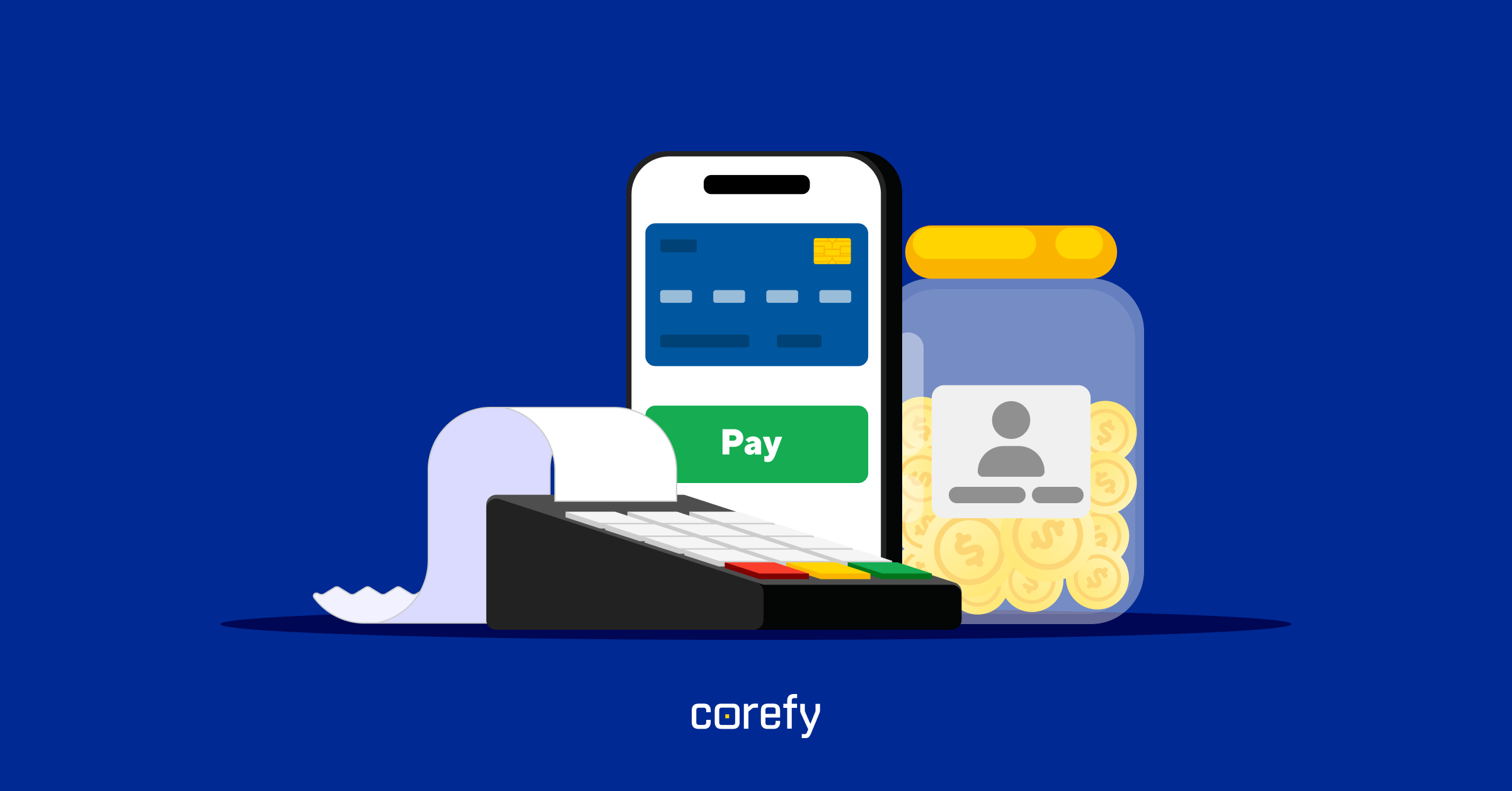
.png)
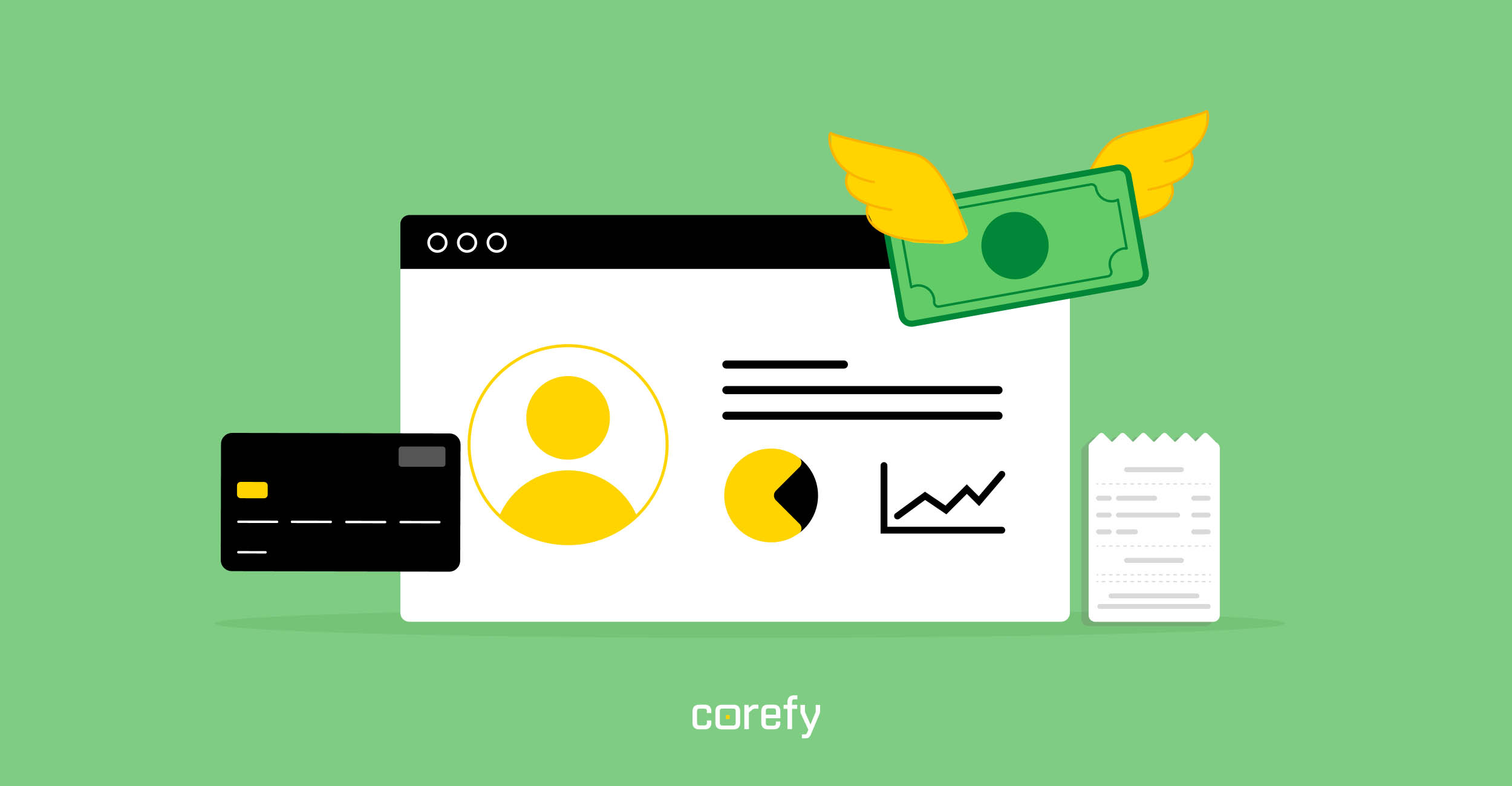
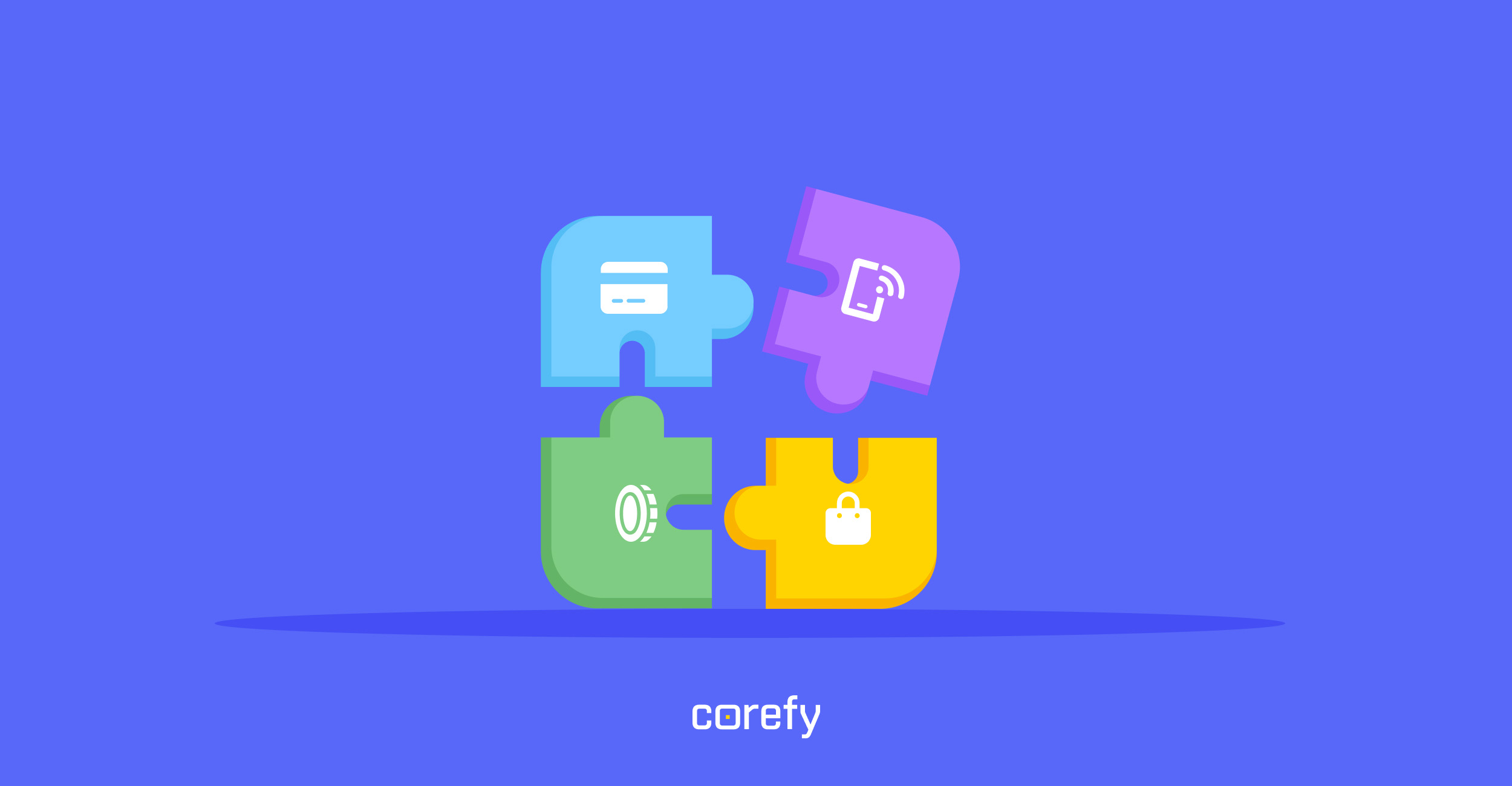
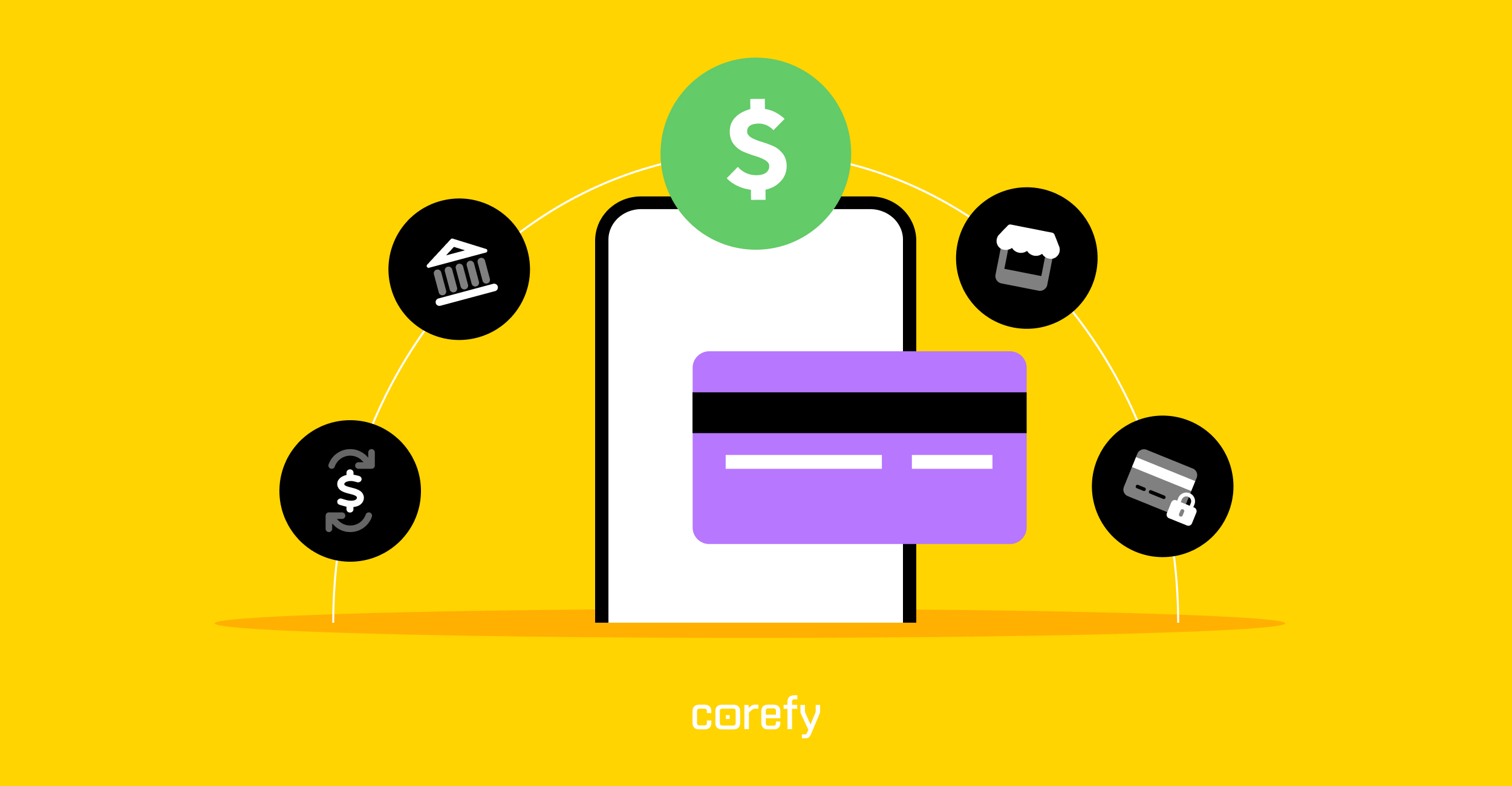
.png)

